The sea-nomad children who see like dolphins

Deep in the island archipelagos on the Andaman Sea, and along the west coast of Thailand live small tribes called the Moken people, also known as sea-nomads. Their children spend much of their day in the sea, diving for food. Unlike most people, the children see with total clarity beneath the waves – how do they do it, and might their talent be learned?
Fukushima Site Still Leaking After Five Years, Research Shows
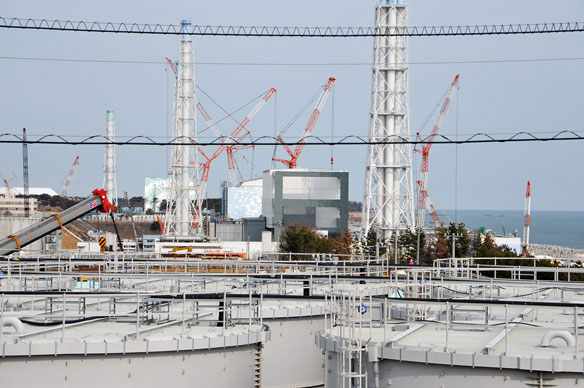
Five years after the Fukushima nuclear accident, study shows levels of radioactive forms of cesium in the ocean off Japan are thousands of times lower than during the peak releases in 2011, however, analysis of cesium and strontium indicate releases from the plant are not yet “under control,” a statement that has been used by the Japanese government to describe the situation when levels are below regulatory limits.
Turning Oil Rigs Into Reefs; A Video
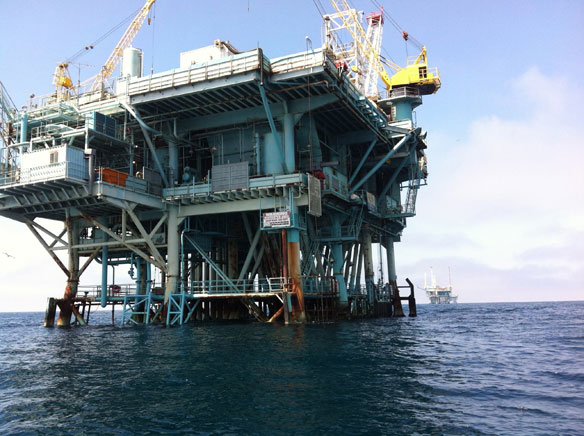
Environmentalists disagree over whether outdated oil rigs off the coast of Long Beach, Calif., can become an addition to the marine ecosystem.
UCSB Researchers Studying El Niño Sea Level Rise, CA
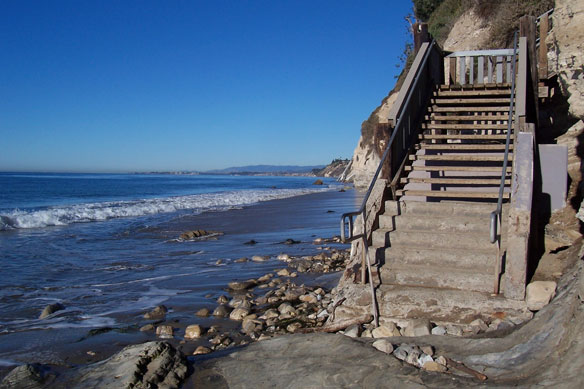
Since the arrival of El Niño in November, sea levels have risen 20 cm to become a surrogate for the next 250 years of climate change, giving scientists the prime opportunity to study future erosion of the Santa Barbara coastline.
Company accused of willfully destroying Kenya’s best beach
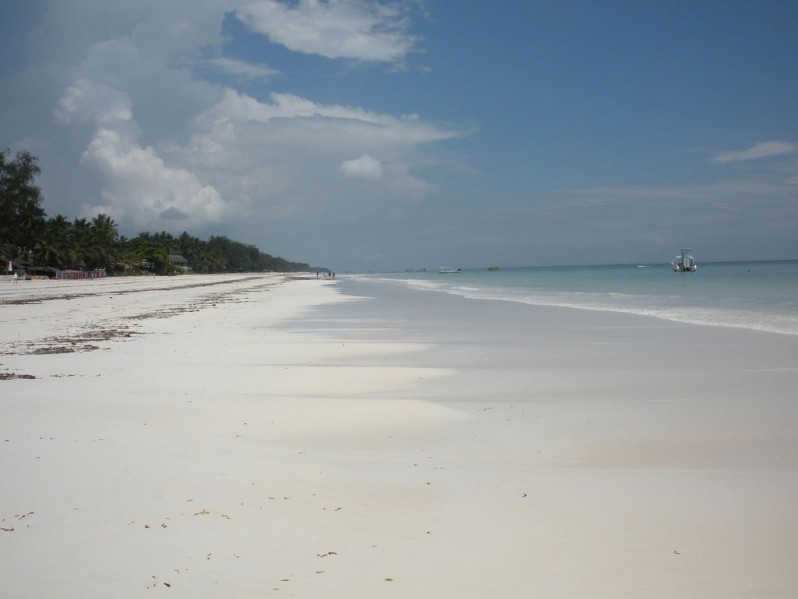
The nightmare of sandless Diani beaches is looming large again after Chinese company, the China Roads and Bridge Corporation, decided to appeal a decision by the Kenyan environmental tribunal that no more dredging was permitted off Diani beach without a full environmental and social impact assessment study.
Cheap oil is taking routes back to the 1800s.
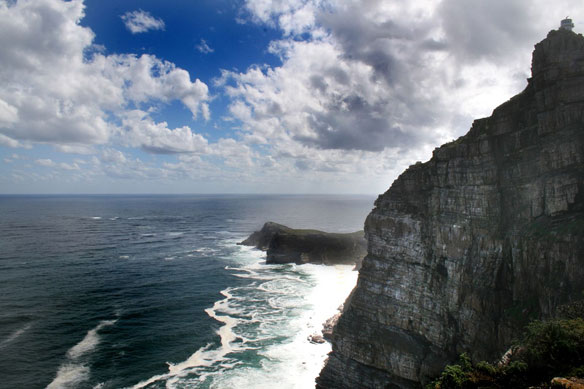
The plummeting price of oil on international markets has had many effects – one of which is that it may be cheaper for ships to travel right around Africa than go through the Suez Canal.
Organic shrimp farmers protect mangrove forests
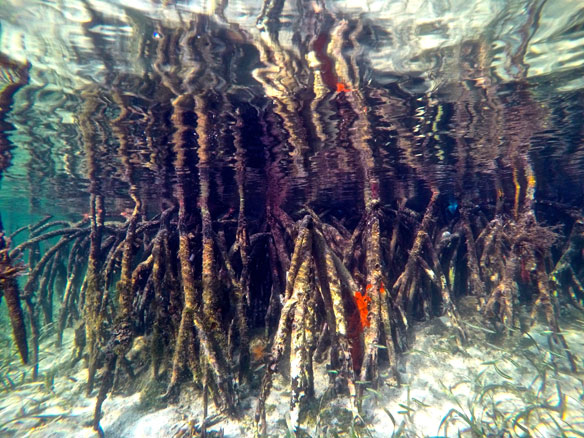
After three years of implementation of the Mangroves and Markets Project (MAM), shrimp farmers have become more aware of organic production techniques and the need to preserve mangrove forests in their areas.
A Peruvian Beach Named Dirtiest in the World
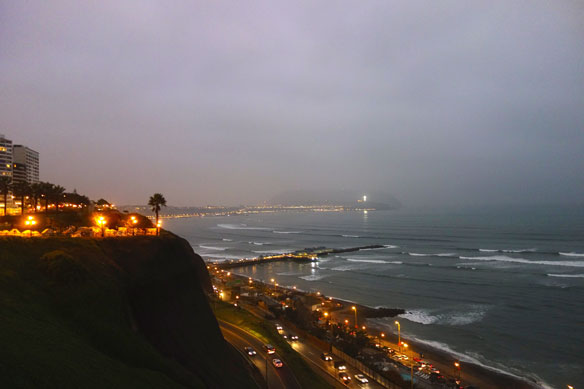
When people think of beaches, they may think fine sand and pristine shores. However, that won’t be the scene to catch in Peru’s Carpayo beach, located on the western tip of the capital. Carpayo is on the receiving end of waste and dumps from Lima and it gets about 2.8 kilos of trash per square meter. In the latest clean-up drive, 60 tons of trash were collected in three hours.
Thousands to march against coal plant threat to mangrove
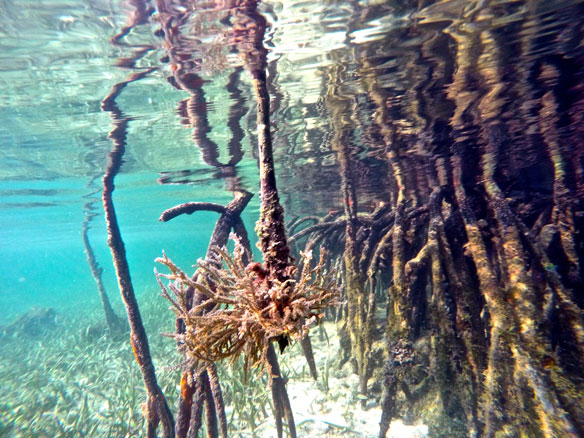
Thousands of Bangladeshis will march from Dhaka to the world’s biggest mangrove forest next week in protest at plans to build two coal-power plants on the edge of the World Heritage-listed forest.
